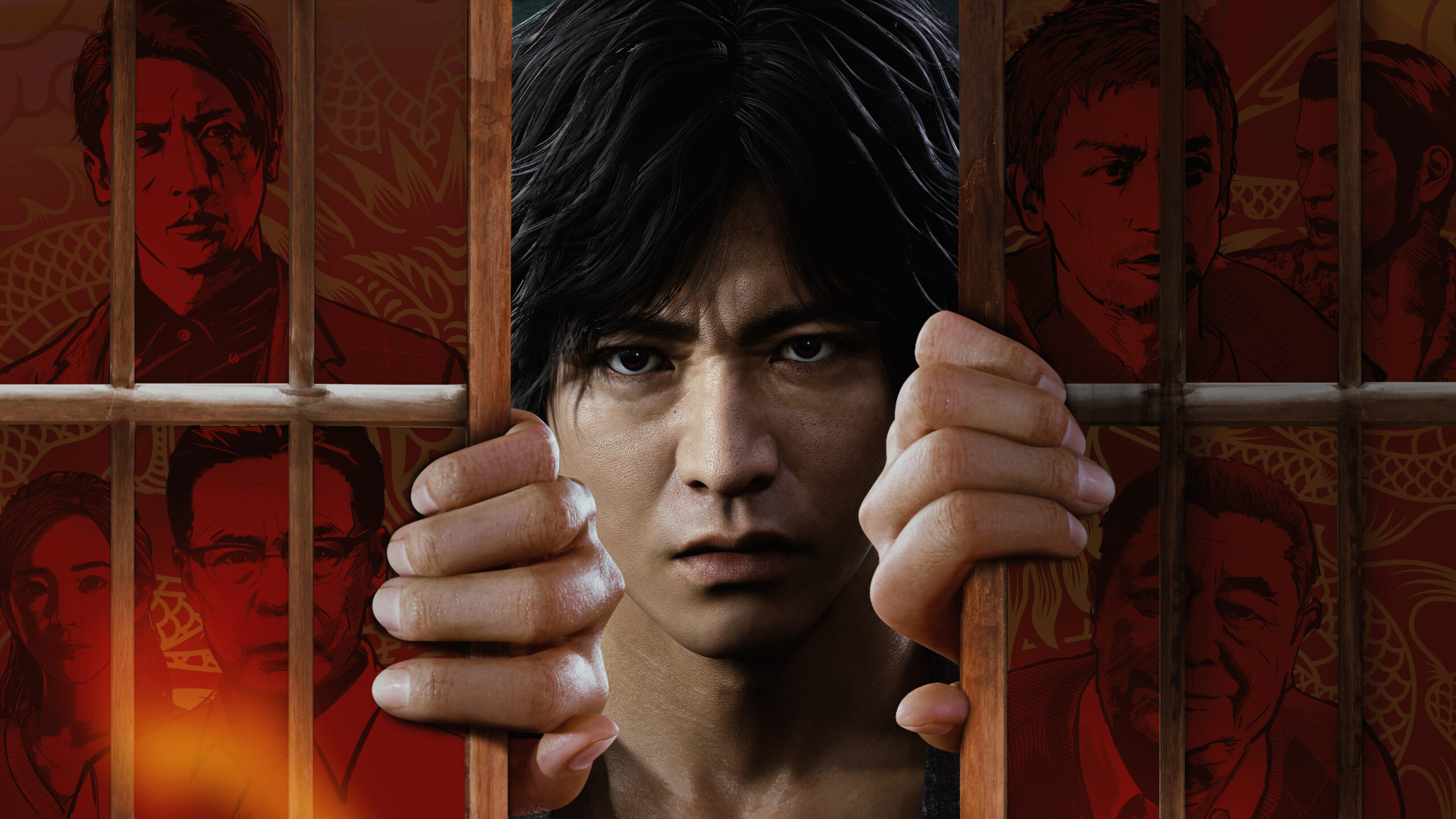
Even just a handful of years ago, the Yakuza series was viewed as a “big in Japan” IP that hadn’t quite crossed over into the rest of the world yet. Something about the contemporary Japanese setting, complex characters, and often wild storylines just didn’t work for the Western crowd.
But (as we mentioned in our Yakuza: Like a Dragon feature last year) that’s all changed now. Audiences around the world have caught up to what Japanese fans have known since 2005 and now embrace the series — and Ryu Ga Gotoku Studio’s related projects, like last month’s Lost Judgment.
The sequel to 2019’s (or 2018’s, for Japan) Judgment, the latest title once again features private detective Takayuki Yagami doing what he does best by investigating a suspected criminal. As per usual, the tale takes some twists and turns both through the heavy realities of the crimes being investigated as well as the more lighthearted and sometimes zany side content that fans of Judgment and the Yakuza games have come to expect.
With Lost Judgment now available on Xbox and PlayStation consoles around the world, SPIN spoke with series producer Kazuki Hosokawa about the first simultaneous worldwide release in Judgment/Yakuza history.
[embedded content][embedded content]
SPIN: For both fans of Judgment and people jumping into the series for the first time, what do you think is most exciting for players of Lost Judgment?
Kazuki Hosokawa: The Judgment series is structured with deep narrative and action elements at the core. If you enjoyed the story in Judgment, I’m confident that you will thoroughly enjoy the thrilling intensity of Lost Judgment’s story. Also, the action elements such as the action combat and investigative sequences have further evolved, so I hope that you’ll see for yourself and enjoy it.
Considering that Judgment was viewed by many as a relative of the Yakuza series, how was it different to create Lost Judgment when fans knew what to expect a little better?
One thing I was conscious of from the start was that I wanted the game to be recognized as a series of its own as the Judgment series, not as a Yakuza spin-off. The template for the Judgment series had already been set in the previous game, so Lost Judgment then became about reflecting on feedback and limitations of the previous one, addressing them, and improving holistically. In the end, I think the volume of this game is one of, if not, the largest within the Judgment and Yakuza series. The development process was challenging due to the sheer volume of the game. Oftentimes when a game has so much variety and volume, cohesiveness can suffer, but we carefully plotted out the roles and structure of content from the beginning, so I’m pretty happy with how it turned out.
Having already built the game’s world up quite a bit in Judgment, what kinds of things were you able to do and explore in Lost Judgment that you couldn’t achieve the first time around?
Things we enhanced in Lost Judgment from its predecessor include a variety of activities, immersion of the investigation action elements, a stronger sense of exhilaration in battle, and a large volume of saturated content centered on the school stories.
What was your reaction to seeing how much people enjoyed Judgment?
I was very happy. I was especially encouraged by the feedback from the fans, because I was very worried about whether overseas users would enjoy this series, which is set in modern Japan and has a more serious story than the Yakuza series.
Obviously Judgment and Lost Judgment have a different tone than the Yakuza games, but they still feel very familiar in the sense that they’re about character development and unpredictable story arcs. What went into making these games feel fresh while also maintaining what people love about the other Ryu Ga Gotoku titles?
It is essential that players can sympathize with the protagonist, Yagami. When a protagonist has an inconsistent reaction to unpredictable plot developments, it’s easy to lose the immersion and sense of self-projection towards the main character you control. We pay special attention to making sure that what the player wants to figure out and do is consistent with what Yagami says and does. On the flip side, we kept Yagami a regular guy without any special powers that would overturn players’ predictions.
Do you think having full English voice acting has changed how people in English-speaking parts of the world connect with characters like Yagami after two games, as opposed to the Yakuza characters that players primarily associated with their native Japanese voice acting?
For the West, [Yagami voice actor] Greg Chun and many others brought the Judgment characters to life very authentically. As for the Yakuza series, I think many players in the West consider the Japanese voices as the “origin” and English voicing as the “dub.” Since the Judgment series had dual audio from the get-go, I think both the Japanese voices and English voices are viewed as the “origin” in this case. I’d be delighted if the English language version helped players deepen their connection to the Judgment series characters.
Is there anything else you would want people to know about Lost Judgment?
The main storyline is at times grave and serious where the player confronts this question: What is justice? In this sense, it may be difficult to play casually, but I encourage you to give it a shot. To balance it out, the optional content on the side is sometimes silly and full of charm that I think will make players smile, so I hope they’ll play through Lost Judgment’s every nook and cranny!

Leave a comment